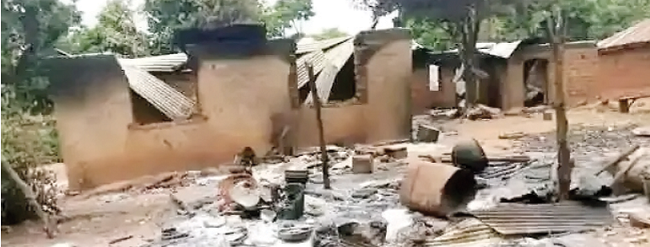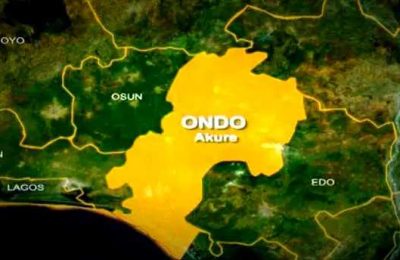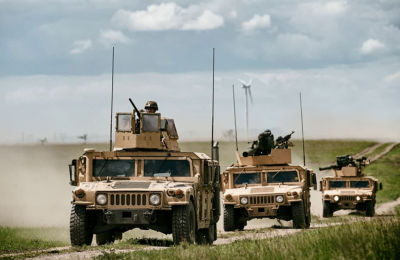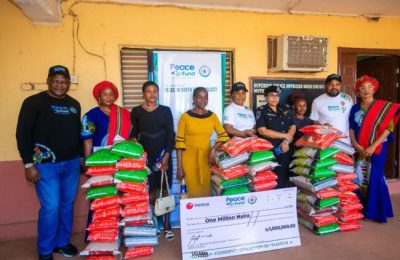TUESDAY’s attacks on communities in Plateau State marked a more horrific dimension to the orgy of killings that has survived successive administrations in the ‘Home of Peace and Tourism’ since the inception of the current democratic dispensation.
Different parts of the state have, at different times, experienced violent attacks that robbed them of lives and property. Many of the communities are now occupied by terrorists who sacked their original inhabitants.
The attacks which subsided, especially in the northern and central parts of state, before the last elections, reportedly resumed afterwards on a monumental scale, particularly in Mangu and Bokkos local government areas.

In the past two months, there have been persistent attacks on communities in Mangu Local Government Area, the worst being the Tuesday midnight raid of Fungzai, Kubwat and other adjourning villages by gunmen. The agrarian communities were sacked by terrorists who killed mostly women and children.
Saturday Tribune learned that the attacker sneaked into the communities on motorcycles at about 2.00 a.m. and operated for about two hours.
A resident of Fungzai, Jonathan Dalyop, lost his wife and three children to attack on his community. Dalyop described the attack as coordinated, saying he and the other inhabitants woke up to gunshots that were coming from the direction of Kubwat.
He said: “Apart from the gunshots, people from other neighbouring communities had been calling and asking us to be on alert. We put our women and children on a truck belonging to a resident of the community to move them to a safe location.

“That decision turned out to be tragic as the gunmen suspected to be Fulani waylaid the truck and killed 29 of the occupants while the others escaped with injuries in different directions. Most of them are receiving treatment at Mangu General Hospital. I lost my wife and three children in the attack.
“We recovered the bodies in the morning. As of the last count, 40 people, mostly children and women, died in the attack.”
A resident of Kubwat who craved anonymity said the assailants were armed with sophisticated weapons which forced local hunters who stood up to them into retreat.
He said the gunmen, who spoke fluent Fulani, killed no fewer than 12 people and burned several houses before leaving Kubwat for Fungzai.
Other villages such as Kantoma, Pushit, Ntam, Murish Jwak Ras, Gonggong, Kikyau and Washna were also attacked by the terrorists.
Agonies of survivors
Another resident of Kubwat, Matha David, said: “We couldn’t withstand their firepower. The attackers, suspected to be Fulani, in their hundreds, invaded Kubat village at midnight, killing more than 30 people. People were killed in other locations, too.” She said she could not explain how she survived the two-hour attack.
“It was God that saved me. Six of us hid behind an uncompleted building. We were lucky. The gunmen did not see us. But when we came out of hiding, we found that some of our loved ones had been killed,” she lamented.
Also, a 54-year-old man who identified himself simply as Jonathan said the adults in Fungzai, most of them young men, initially attempted to confront the assailants but they had to retreat due to the superior firepower of the invaders who killed people and burnt houses freely.
On the identity of the attackers, Jonathan declared: “They are Fulani mercenaries probably engaged by the local Fulanis to carry out the evil act. I heard them speak Fulani, but not the type we are familiar with.”
As condemnations continue to trail the attack, the motive behind the attack is yet to be ascertained. Many claim that the attacks were unprovoked because the affected communities never had a problem with any individuals or groups.
A member of the state House of Assembly representing the affected communities, Honourabke Bala Fwangji, said the attacks were intended by the terrorists to annihilate the indigenous people of the local government.
The National President of the Mwaghavul Development Association, Joseph Gwankat, lamented that no fewer than 85 people were killed, claiming that the attackers were still on the prowl.
Saturday Tribune learnt that a clergyman with the Church of Christ in the Nation (COCIN) and his family narrowly escaped being killed but his official quarters and church were burnt down.
Humanitarian crisis
The incidents have given rise to a humanitarian crisis which requires the urgent intervention of the government and public-spirited individuals both locally and internationally. Thousands of people have been displaced from the various communities in the local government and are now taking refuge at the palace of traditional rulers, the council secretariat and places of worship.
Political dimension
It is alleged that the recent attacks on the council were targeted at the governor-elect, Caleb Muftwang, to break his spirit ahead of his inauguration. Although the local government is no stranger to attacks, the attacks became more intense after he won the election.
A native of Chanzo, Garba Inuwa, pointed out that from March to date, the council had suffered about 20 attacks.
Inuwa, who is a member of the People’s Democratic Party, added: “It has become a pattern that whenever a new government is in place, enemies of the state will concentrate their attack on the kinsmen of the man at the helm of affairs in the state.
“The attack on the kinsmen of the governor-elect is not new. It was the same pattern when former Governor Jonah Jang was in power. The attack on the Plateau at that particular time was concentrated on Jang’s kinsmen, but the elder statesman was undaunted. Our advice is that Muftwang should brace himself, it is a baptism of fire which was also meted out to those who came before him.”







